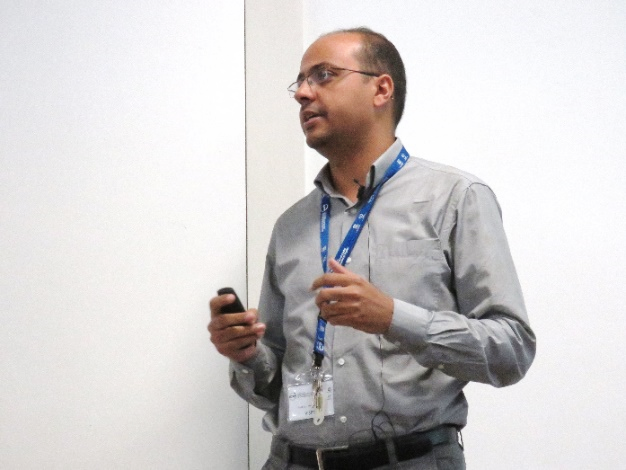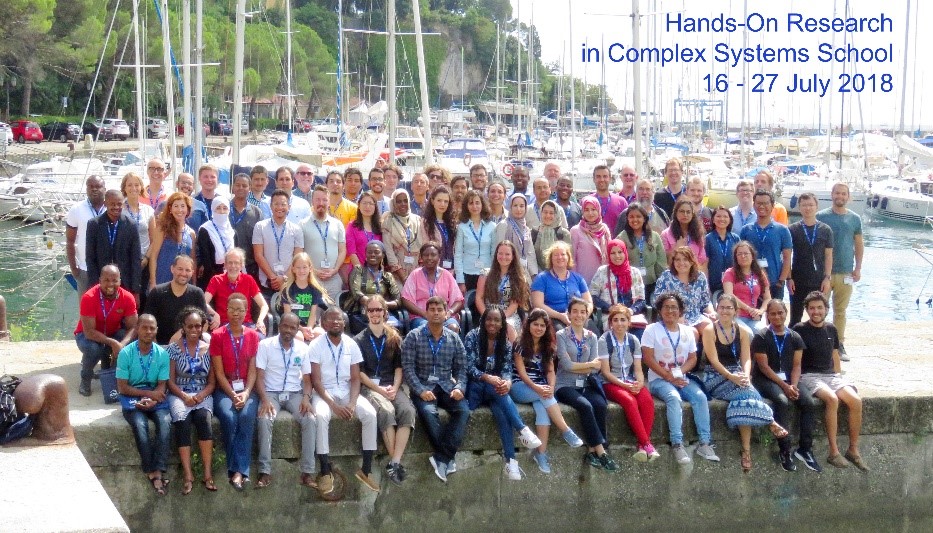By James R. King and Desiree Halpern
IIE Scholar Rescue Fund
The ongoing war in Yemen has created the world’s worst humanitarian crisis. With widespread violence, disease, hunger, and instability, education and scientific research have become practically unattainable. University buildings have been destroyed or seriously damaged, scientific centers have ceased operations, and research has halted to a stand-still. Yemeni academics fear persecution simply based on their identities or family names. Many must brave bombing campaigns, violent clashes, and checkpoints just to report to work. Most have not been paid their salaries in nearly two years, forcing them to rely on unskilled labor to support their families.
In short, Yemen is facing a higher education emergency.

The IIE Scholar Rescue Fund (IIE-SRF) is committed to helping scholars from Yemen and places around the globe where academics have been persecuted or displaced due to emergencies and conflict. Prior to 2015, the program had assisted a total of three Yemeni scholars. With the 2015 onset of the war, Yemen is now the source of the 5th most IIE-SRF grantees. To date, IIE-SRF has partnered with 14 higher education institutions in 11 countries to host Yemeni professors and researchers.
One such scholar supported by IIE-SRF is Dr. Amer al-Qaaod, a nuclear physicist who is pursuing his research at the Abdus Salam International Centre for Theoretical Physics (ICTP) in Trieste, Italy. Since arriving in Italy two months ago for his IIE-SRF fellowship, Dr. al-Qaaod has taken full advantage of the scientific opportunities around him. He has already finalized and published a paper on the transmutation of plutonium and minor actinides in Annals of Nuclear Energy, and he is now teaming up with a Ukrainian colleague on new research. Dr. al-Qaaod also participated in the centre’s two-week long training course, the Hands-On Research in Complex Systems School, presenting on “Transmutation of Long-Lived Radioactive Waste.”
Dr. al-Qaaod affirms that “ICTP is an excellent place to develop my scientific skills and research, where I can identify new people from around the world with interests in physics with whom I have opportunities to collaborate in the future.”
The nuclear physicist understands his unique ability to represent his colleagues in Yemen who have not had the same chance to leave their country and secure academic positions abroad. On behalf of threatened scholars from around the world, he joined The World Academy of Sciences (TWAS), IIE-SRF, and other international scientific organizations at the Science International Working Group meeting on displaced scientists from June 18-19 in Trieste.
Inspired by a previous TWAS workshop which led to a formal ICTP – IIE-SRF hosting partnership, Dr. Matteo Marsili, an ICTP researcher, made it a priority to ensure that to Dr. al-Qaaod received an invitation to join the centre. “I believe that supporting scientists from regions in conflict is crucial for rebuilding an academic community,” he explained, citing ICTP’s commitment to hosting researchers from the developing world. He shares that in the past few months, he has recognized remarkable potential in Dr. al-Qaaod and looks forward to the Yemeni physicist’s upcoming research.
With scholars like Dr. al-Qaaod as a main priority, the IIE Scholar Rescue Fund is determined to protect Yemen’s national academy and its future by ensuring that Yemen will have the experts and leaders who can return home after the war and rebuild – physically, economically, socially, and intellectually. The situation in Yemen is truly desperate. While there’s an urgent need for a political solution and more humanitarian assistance in the meantime, we in the international higher education community must do our part, too.
